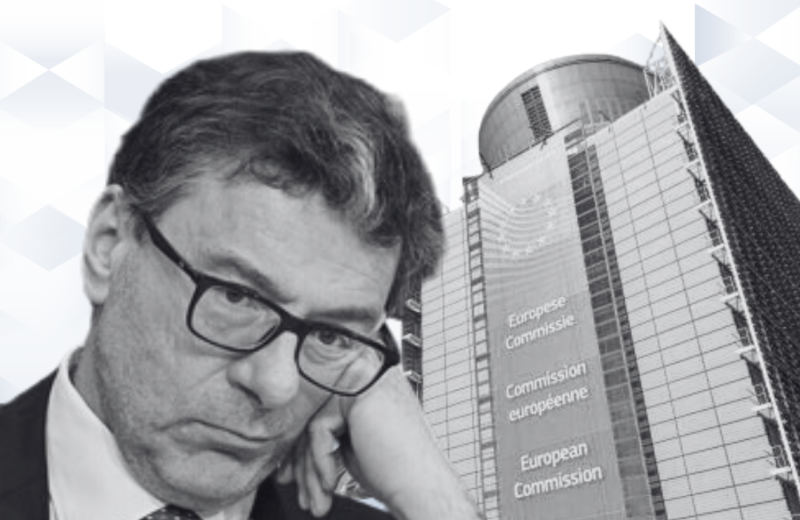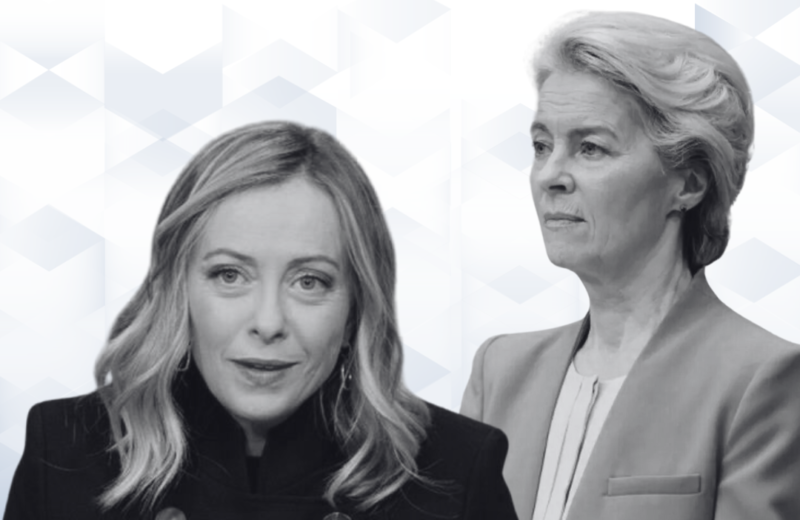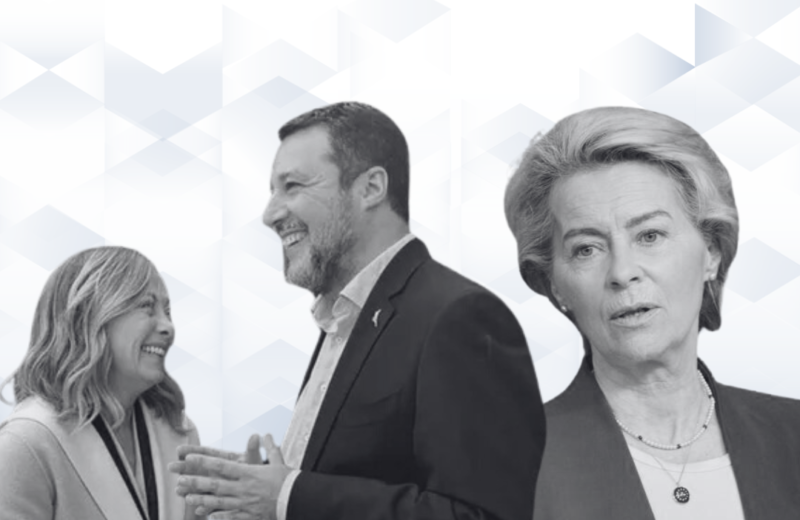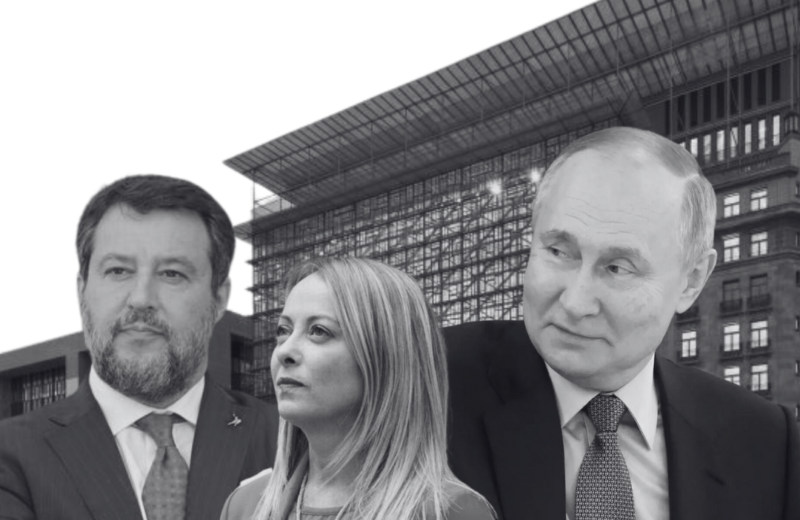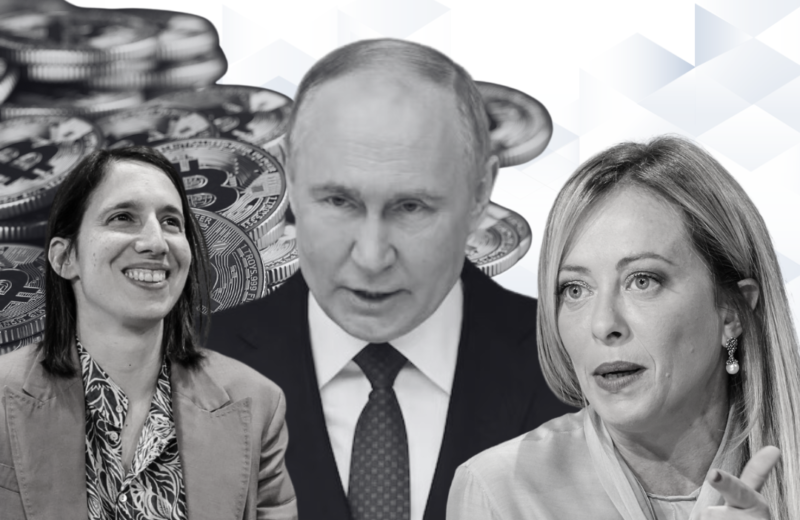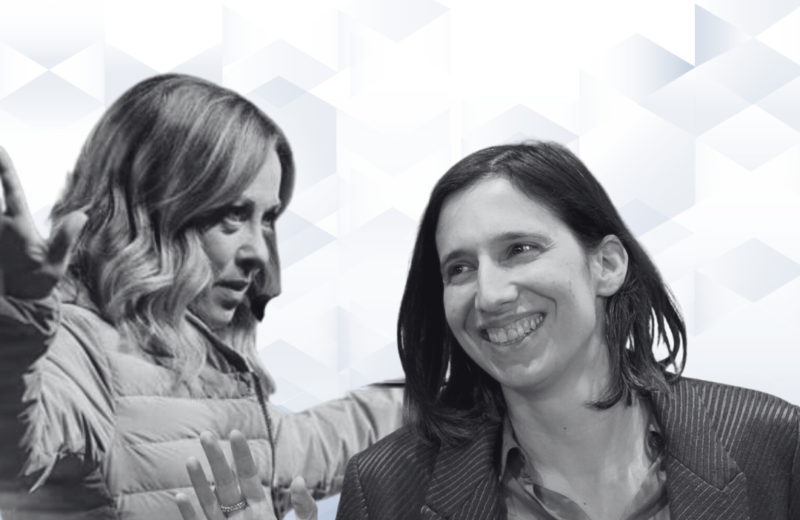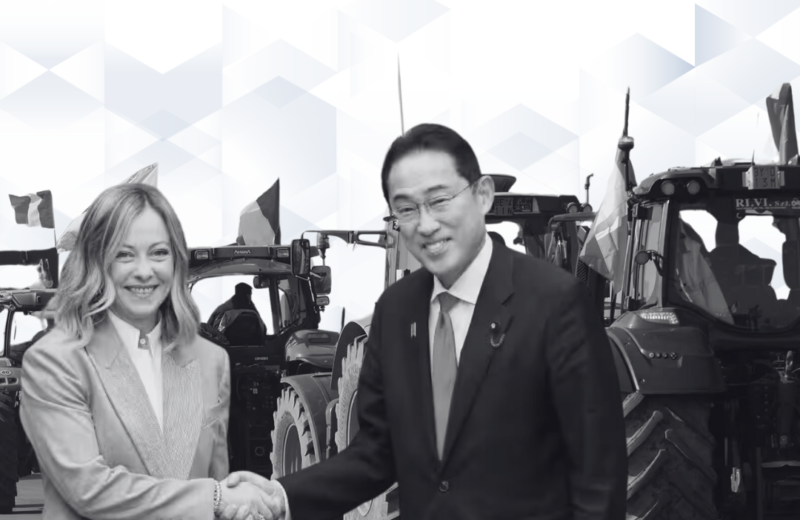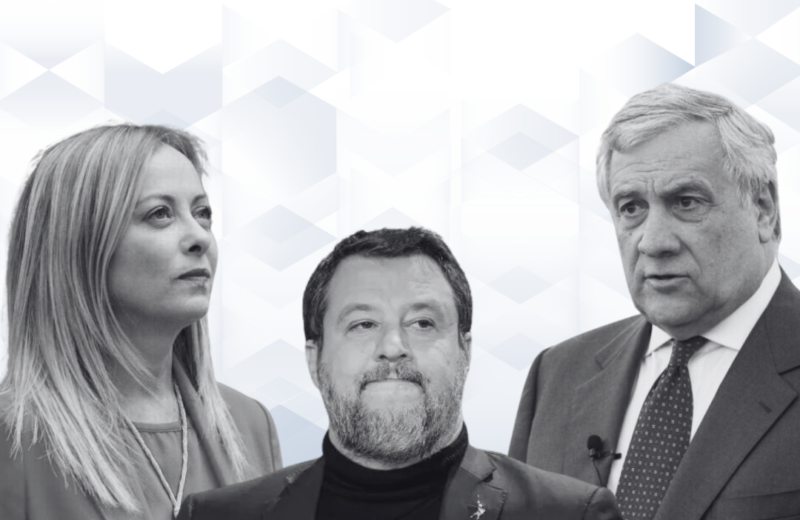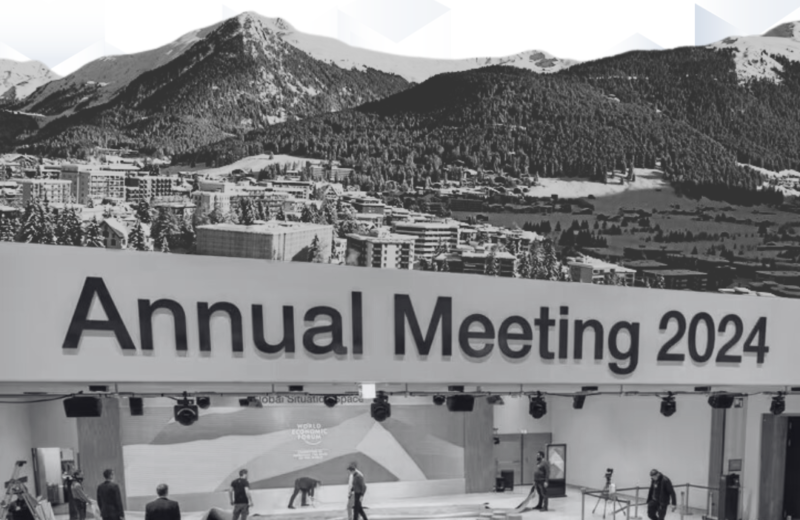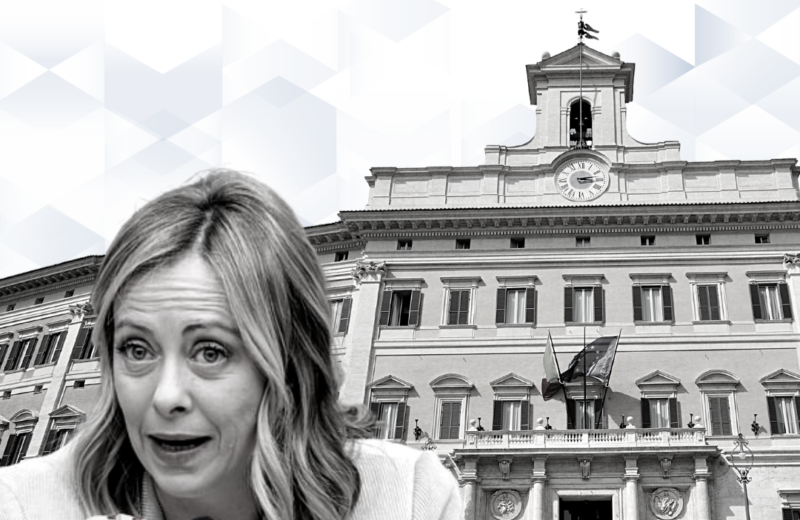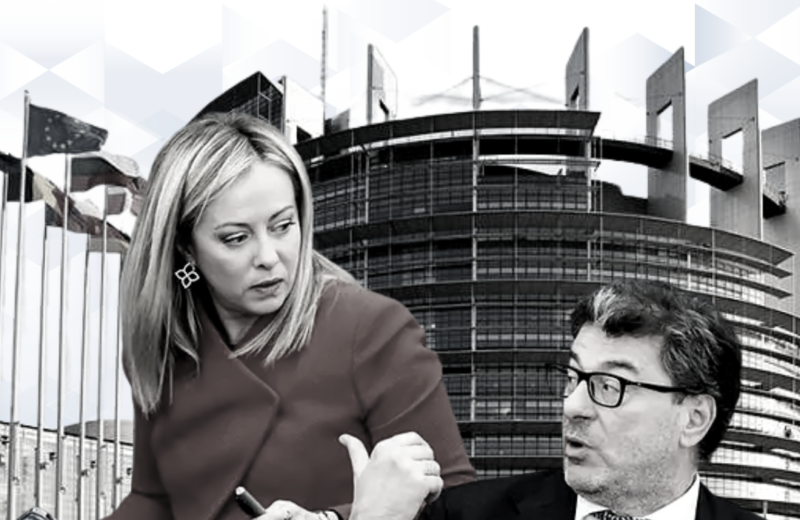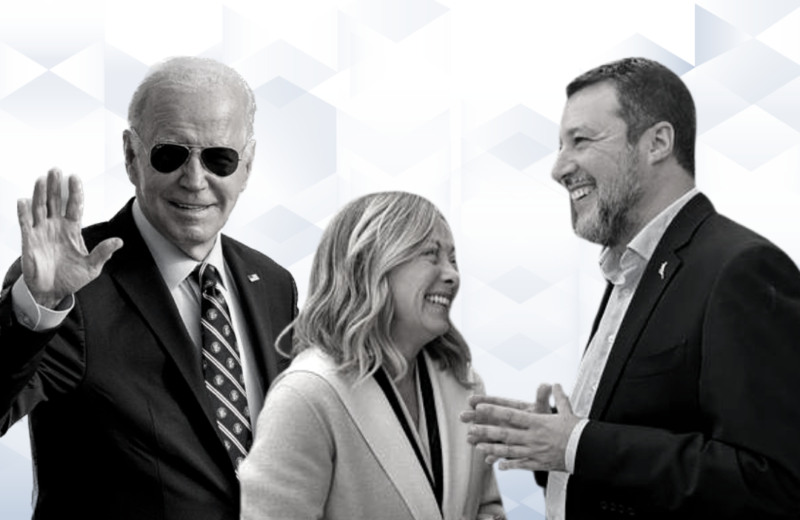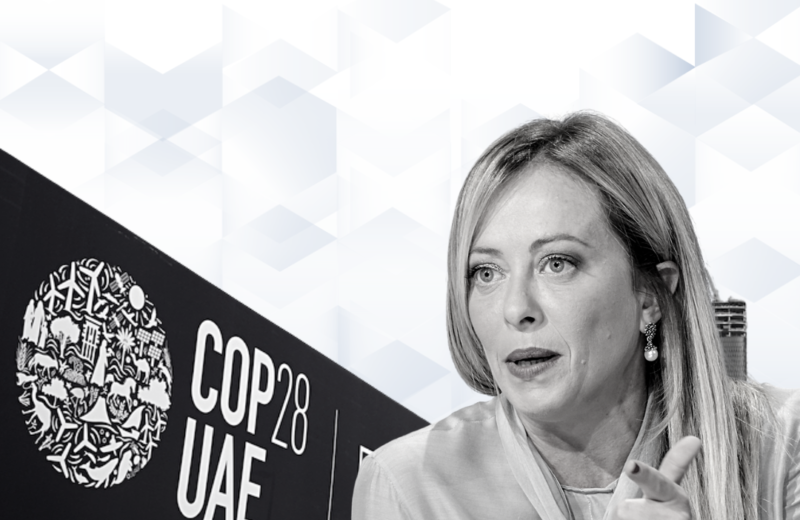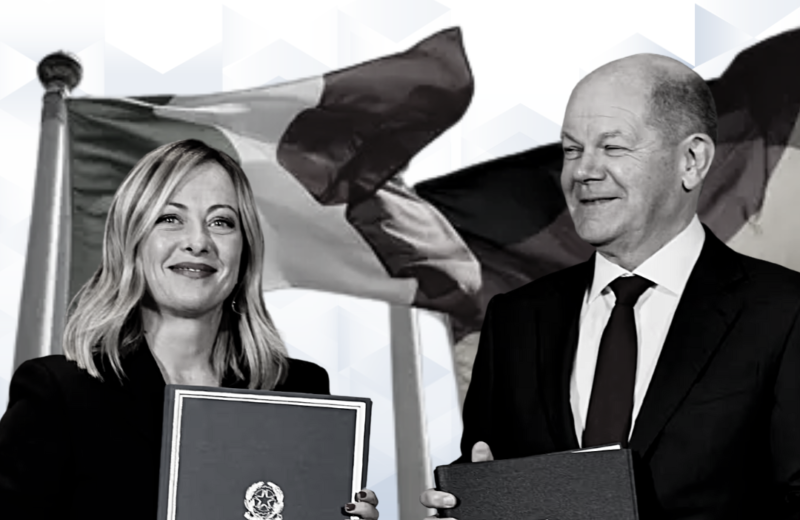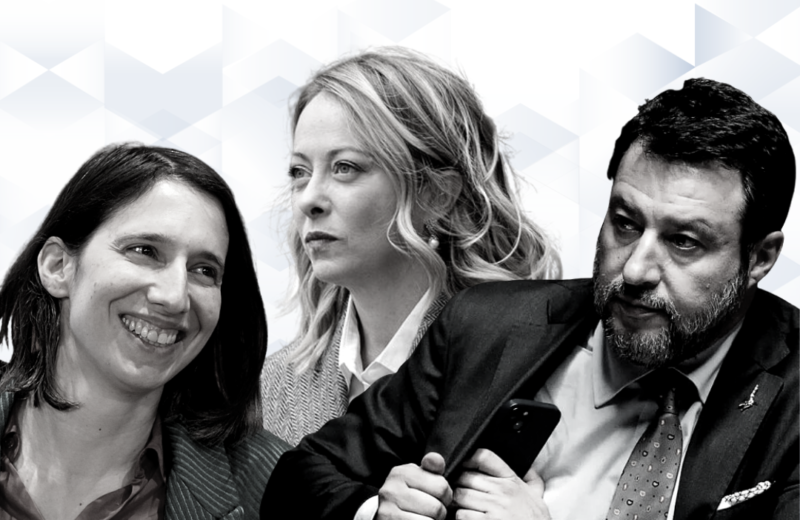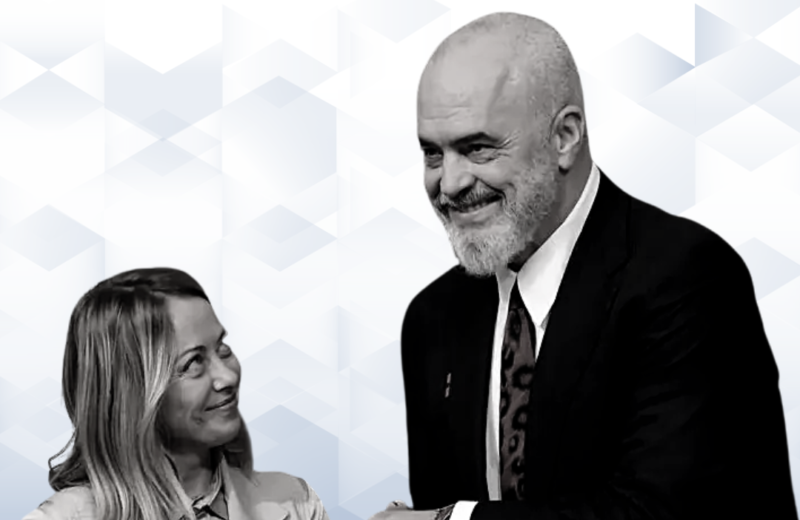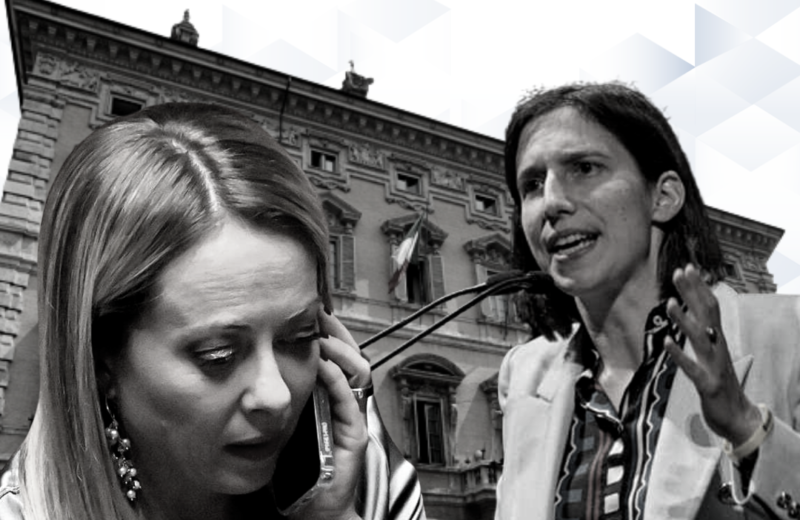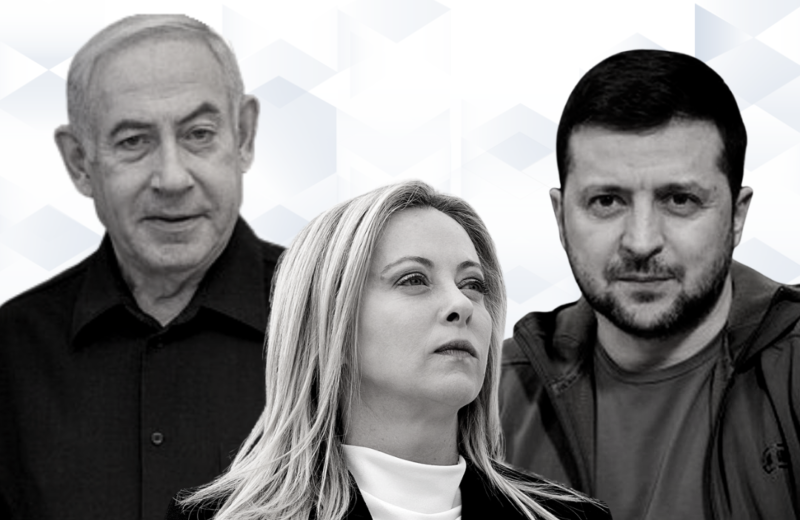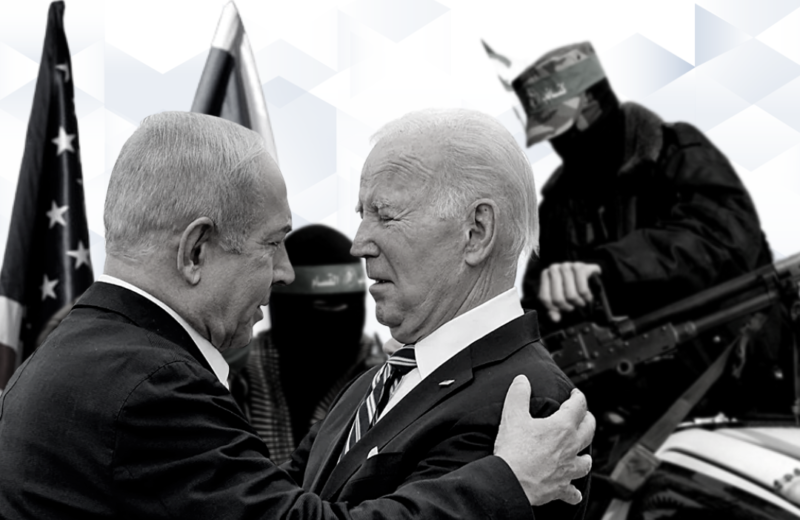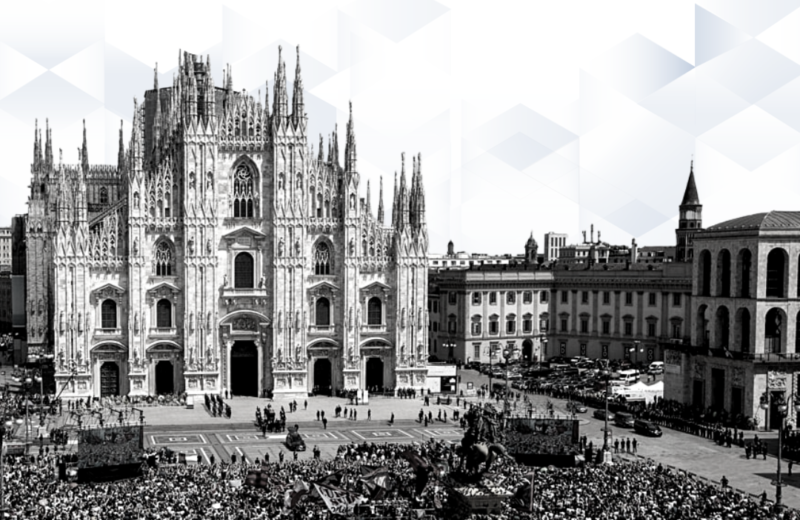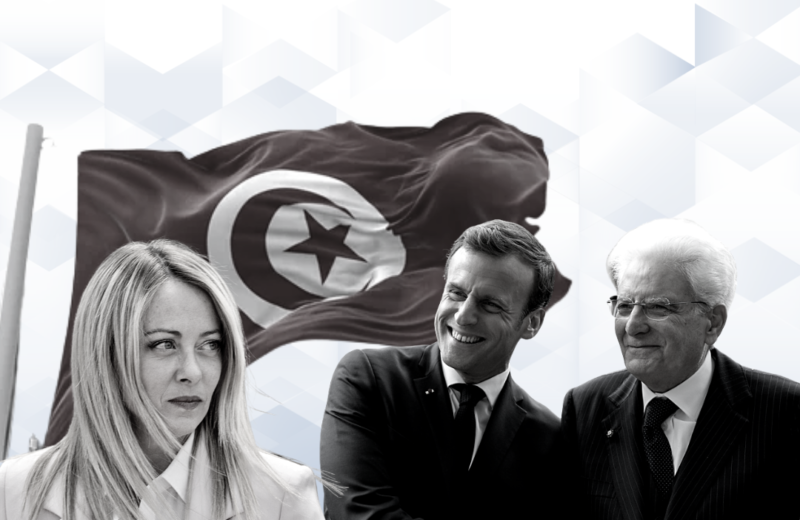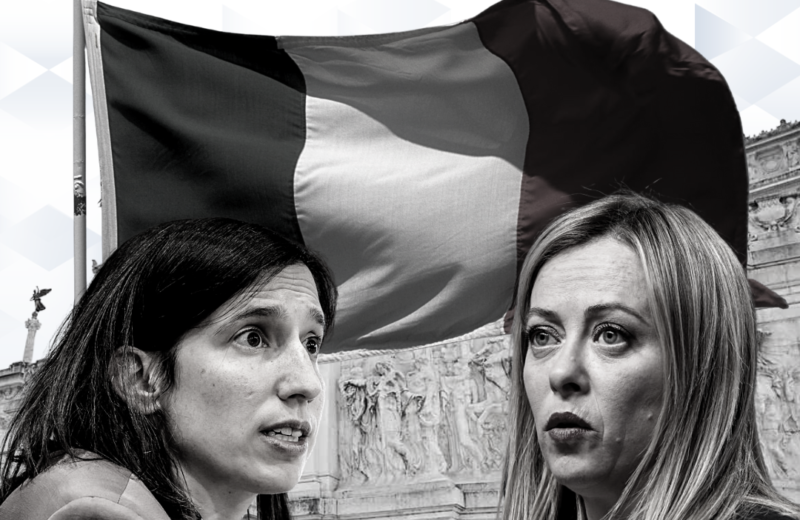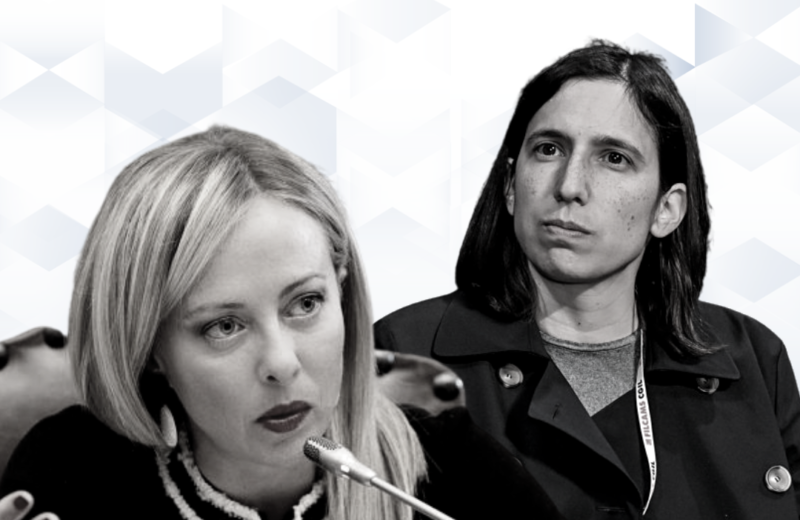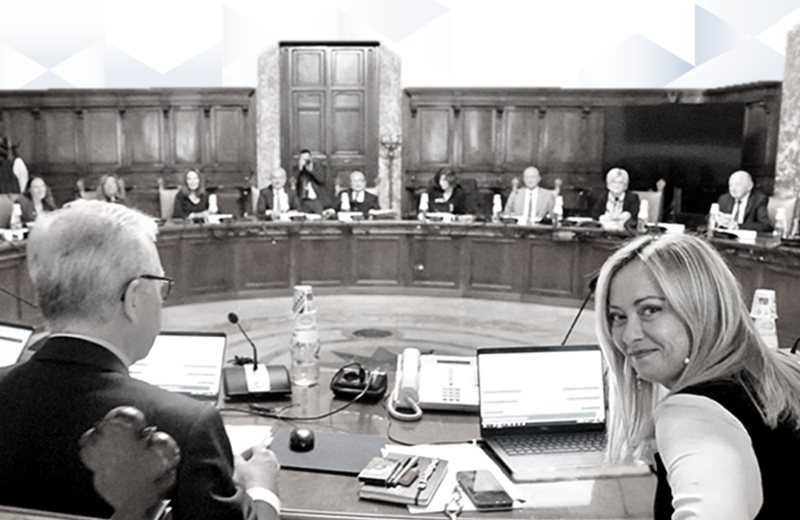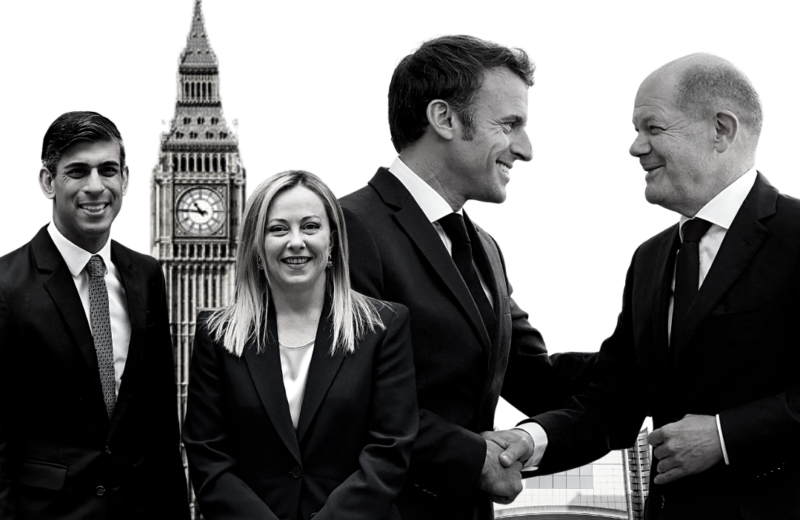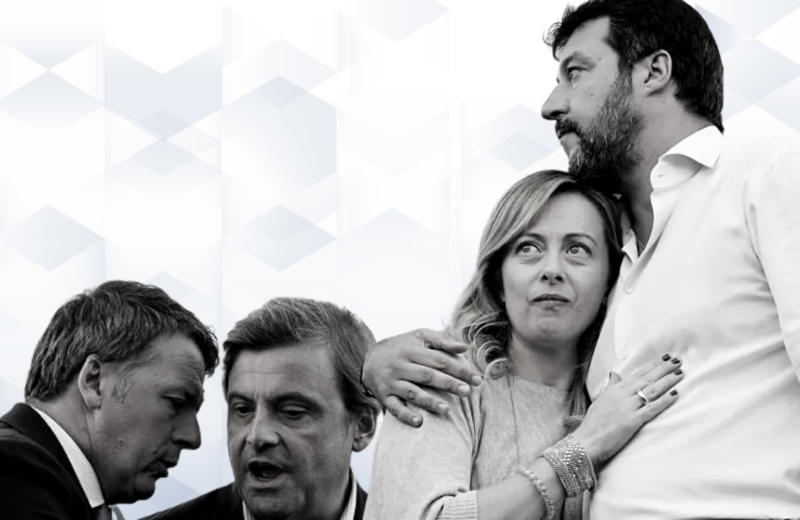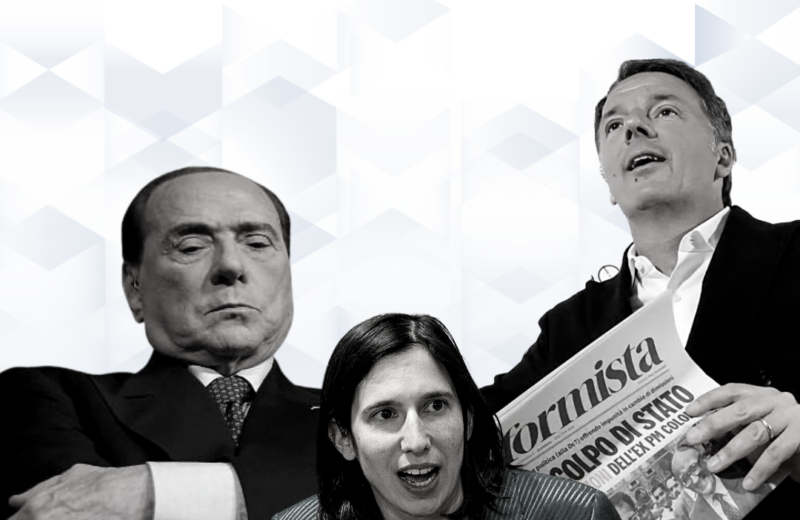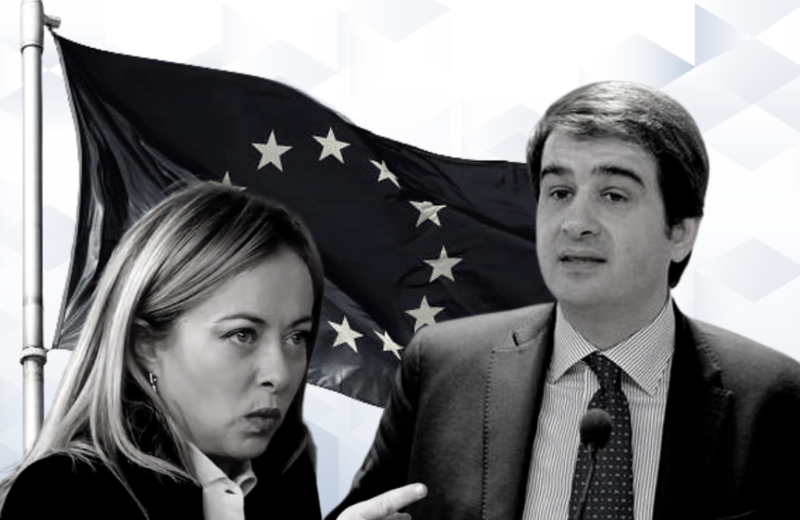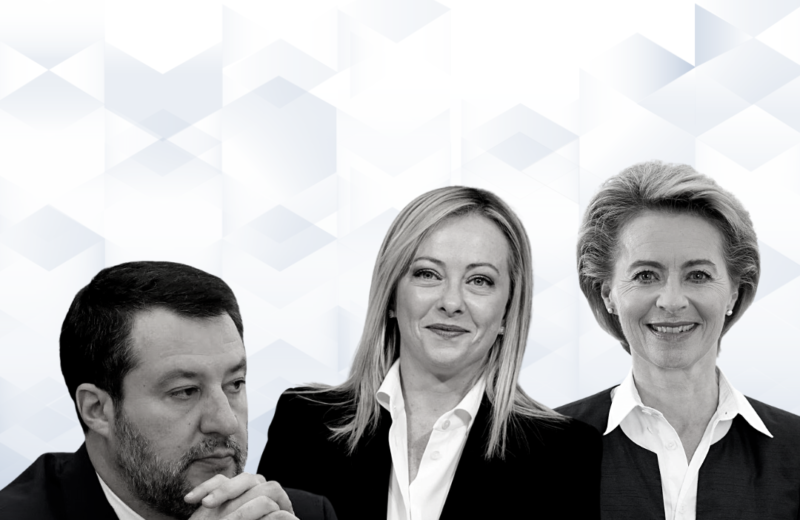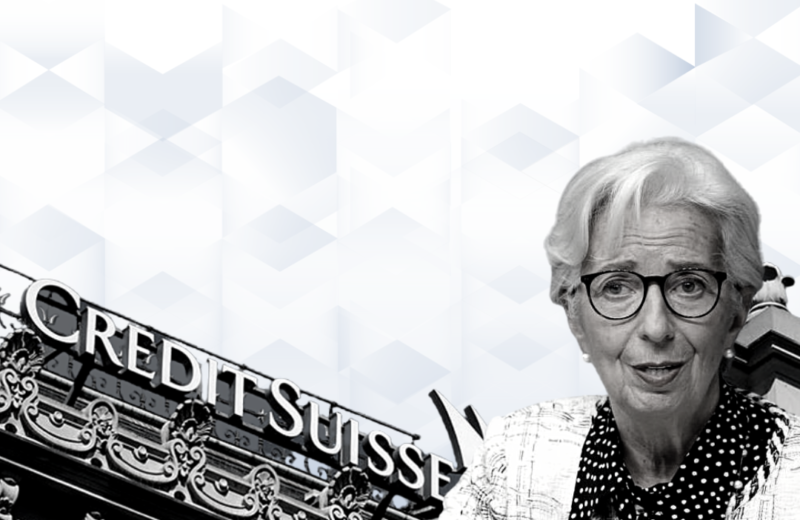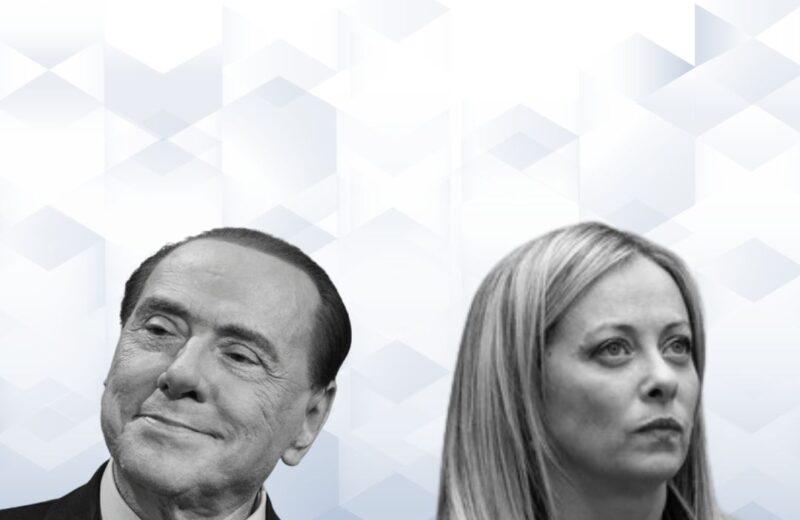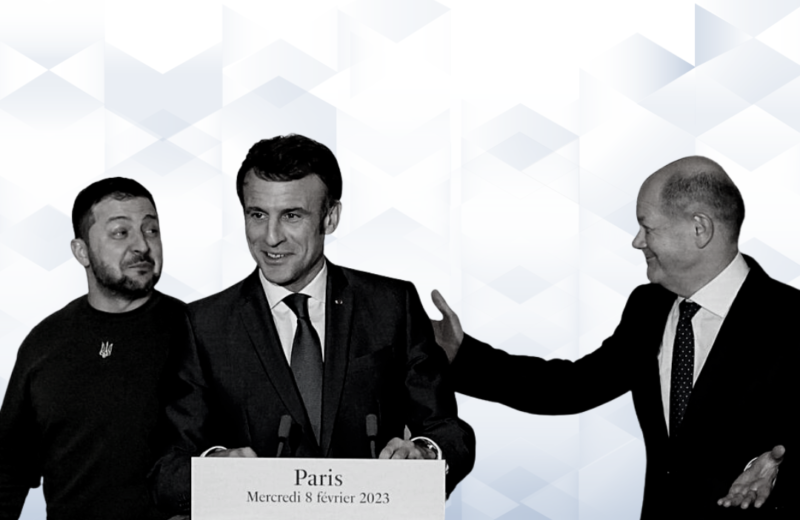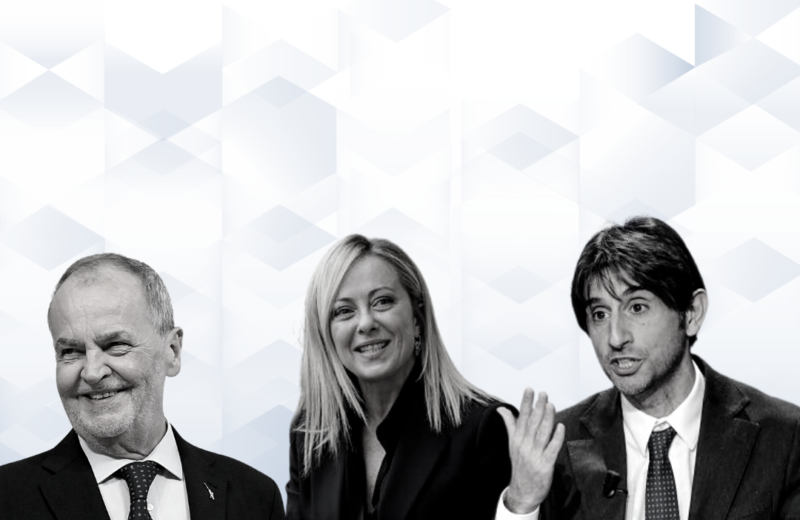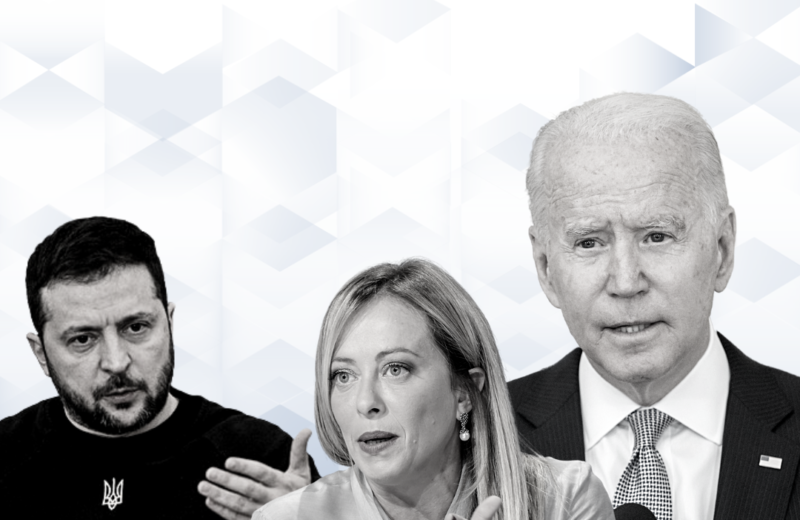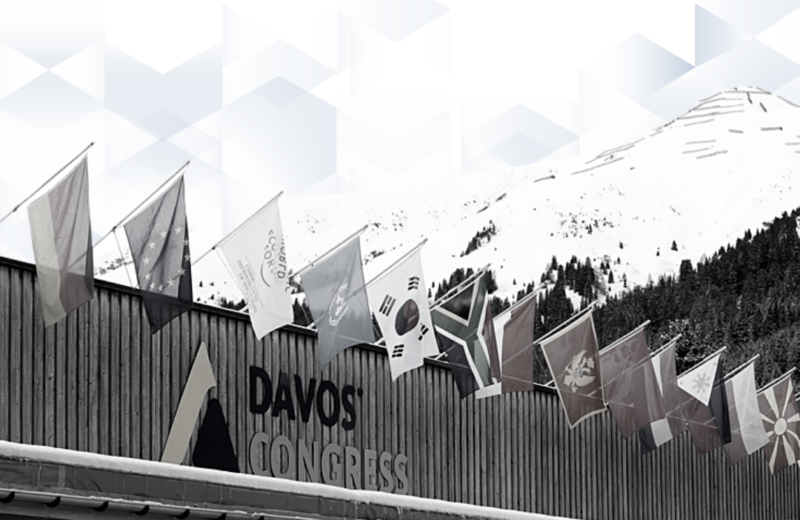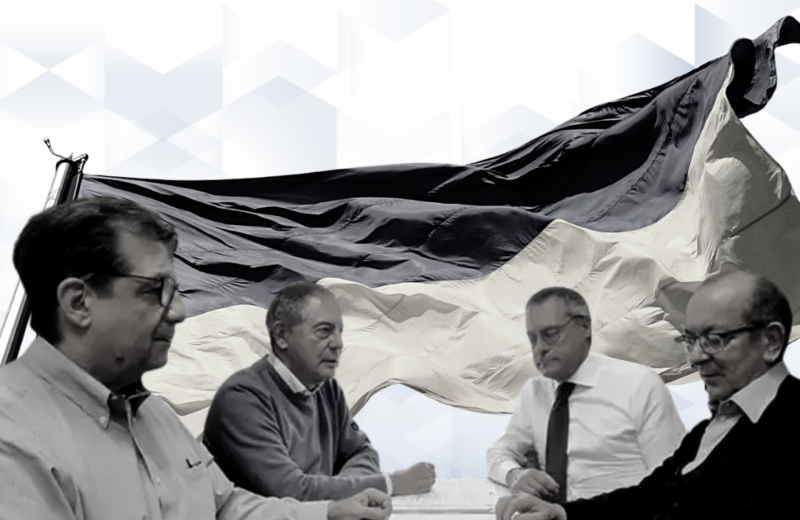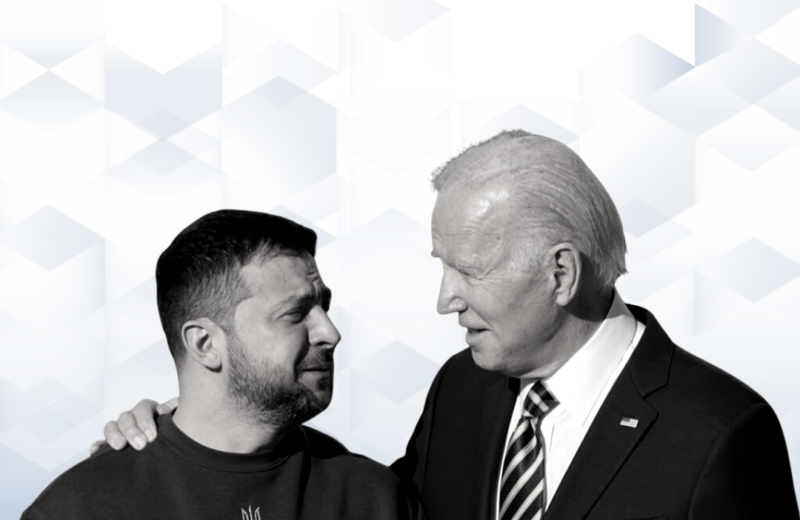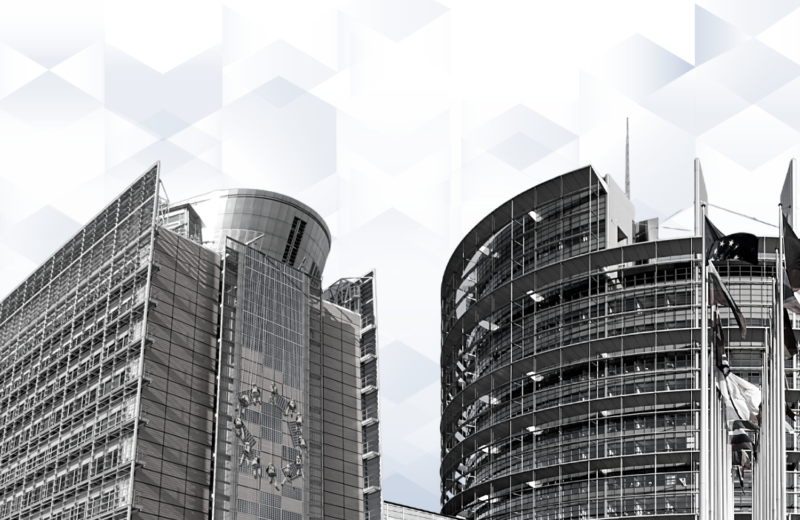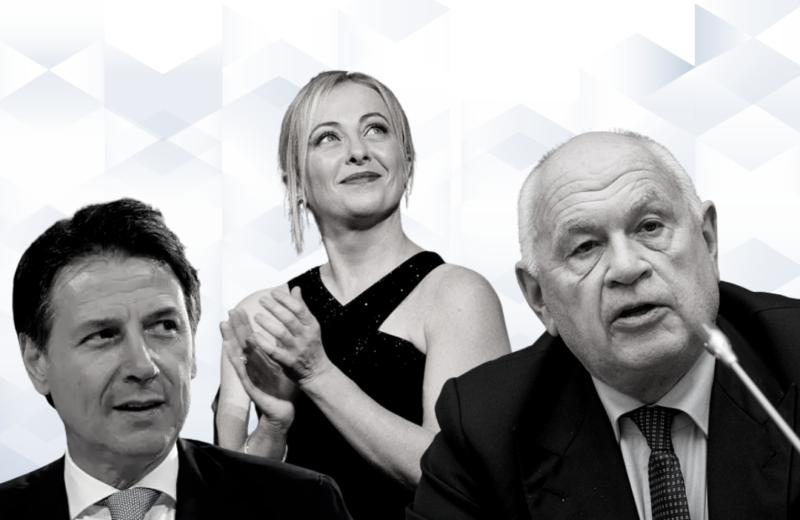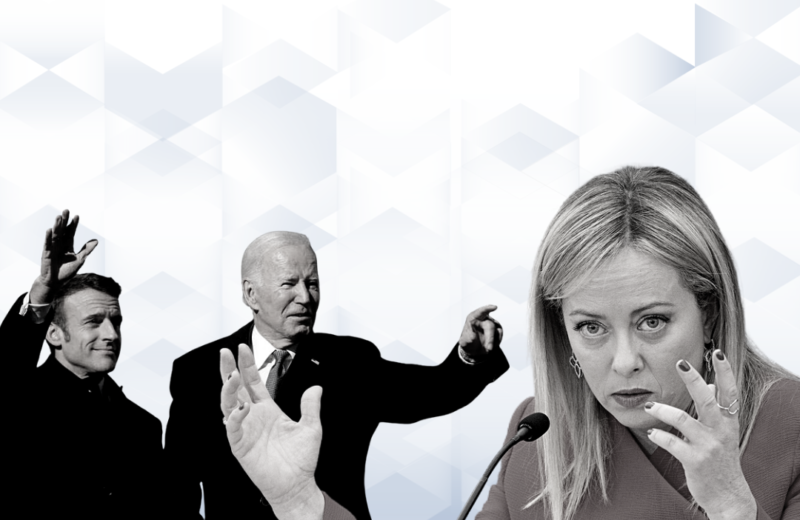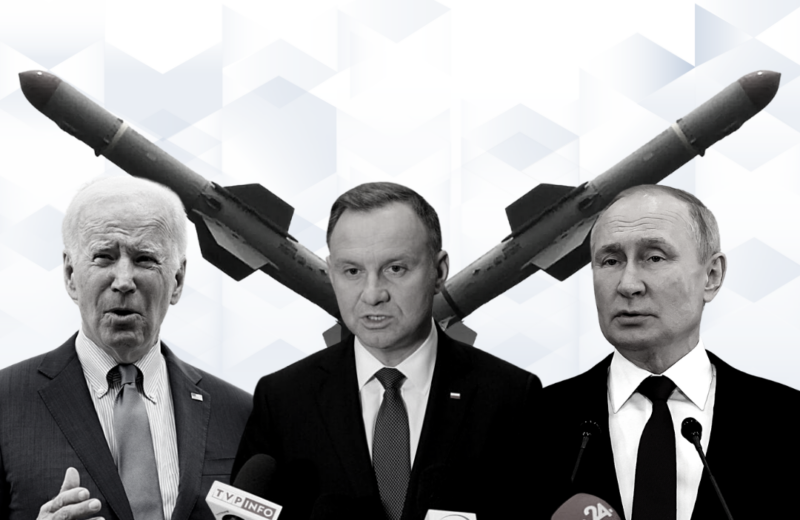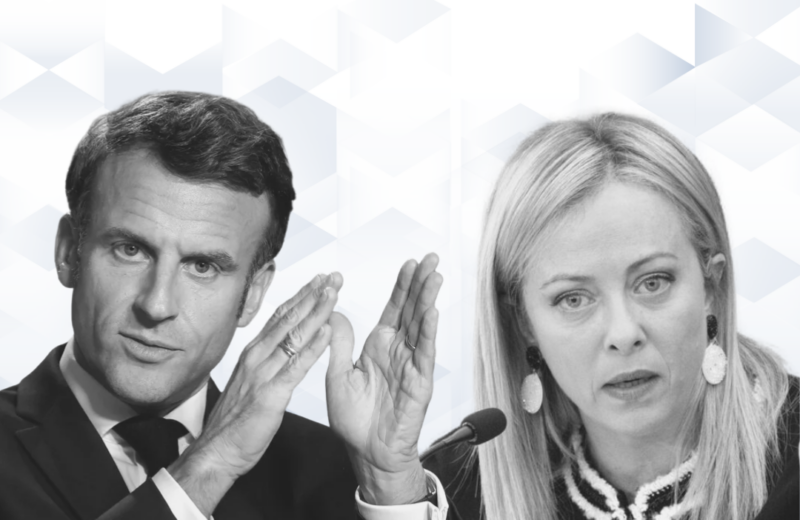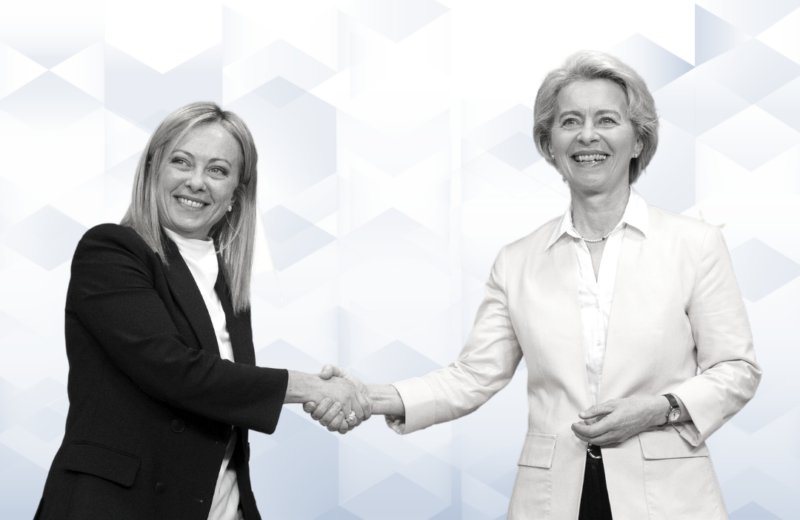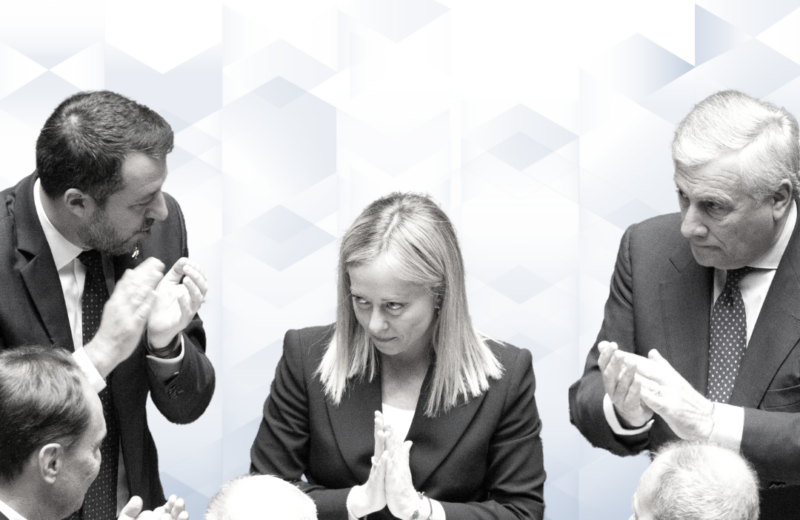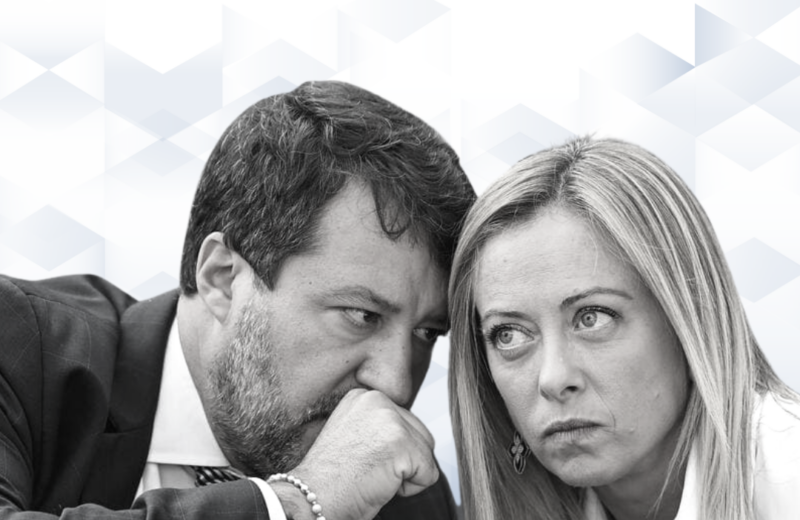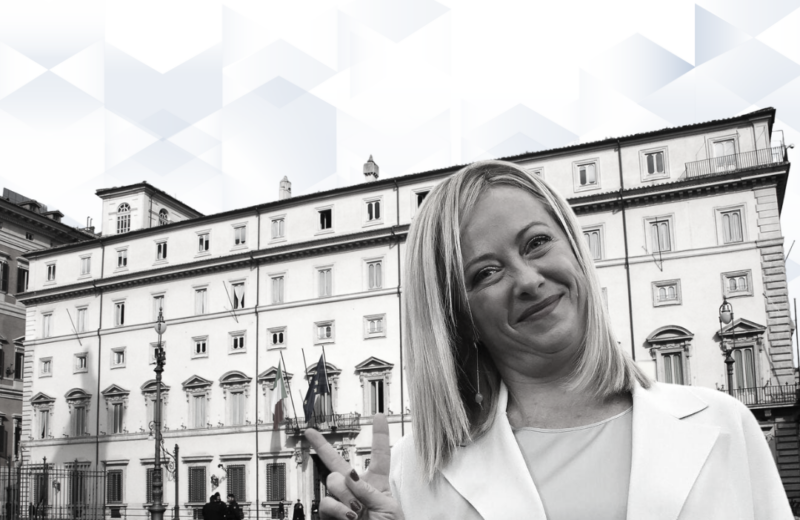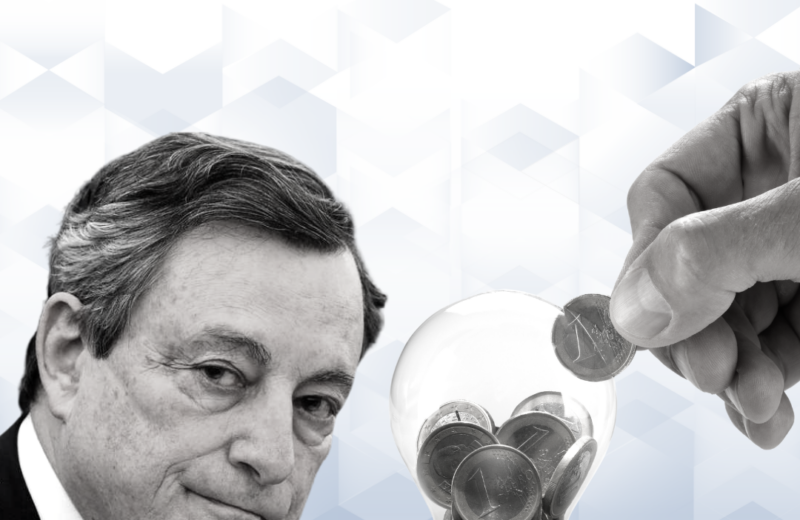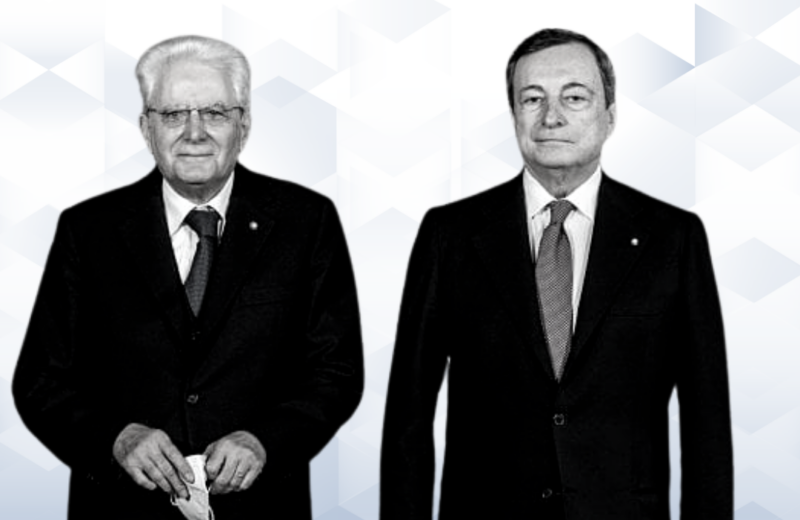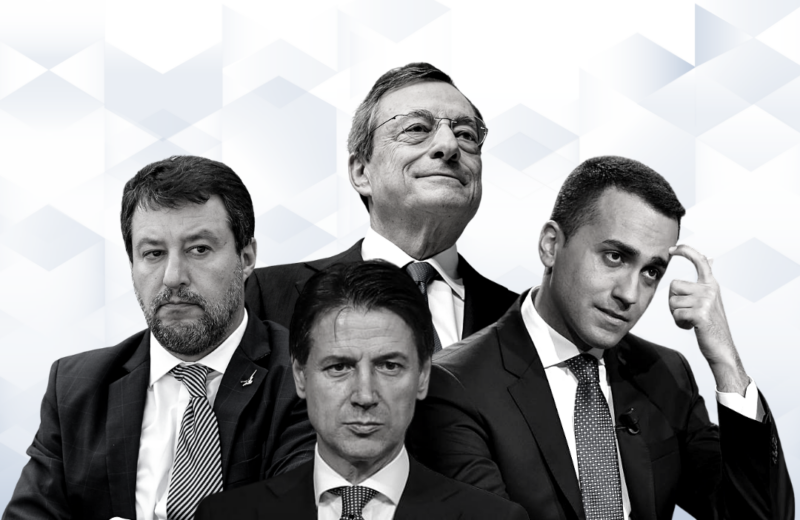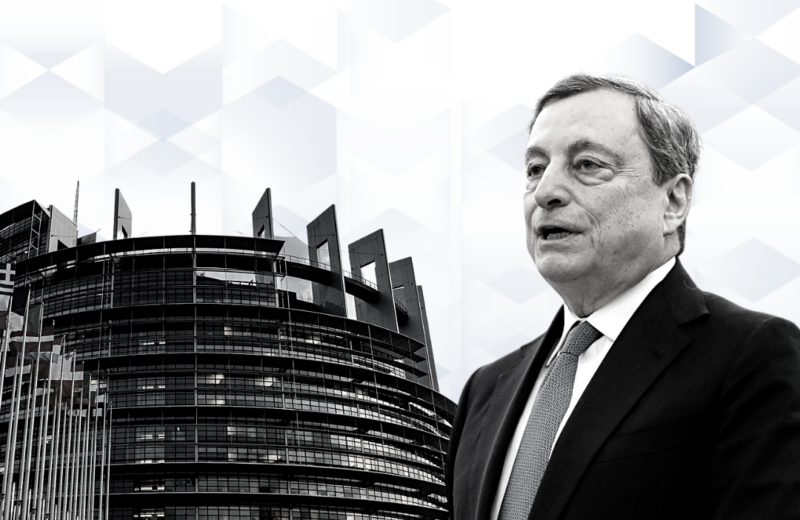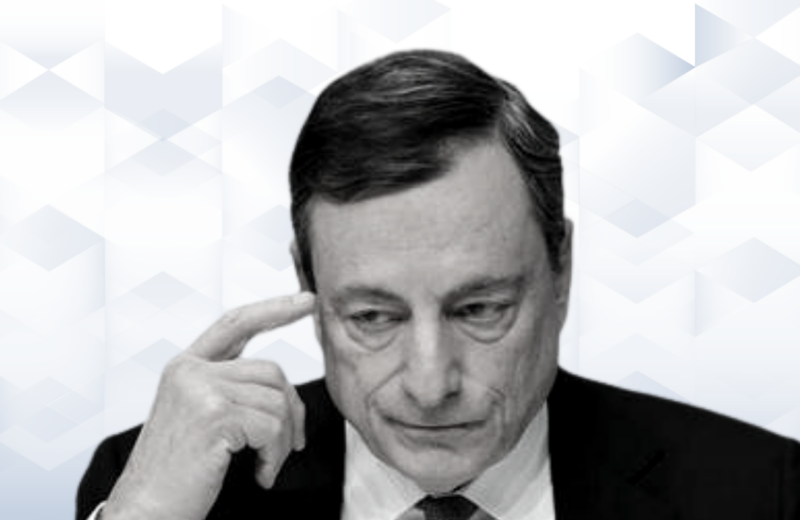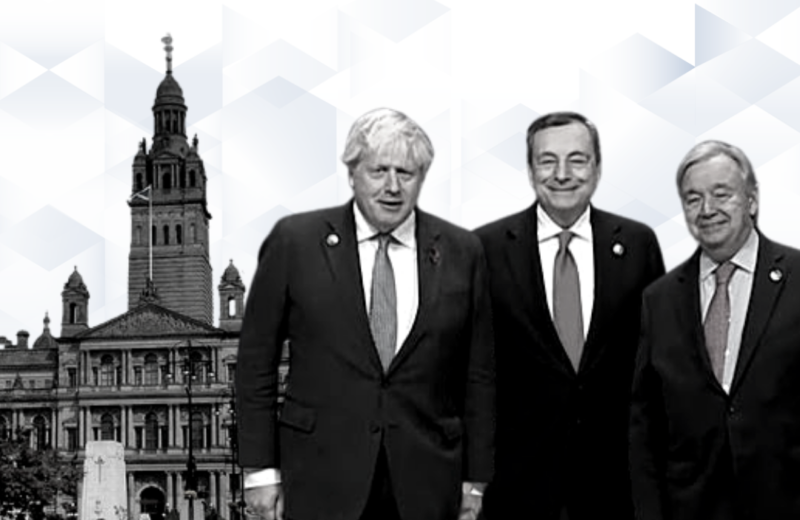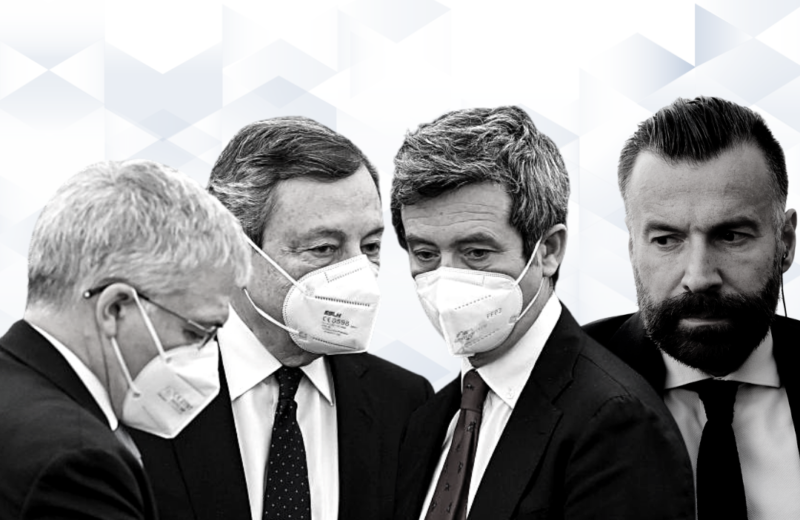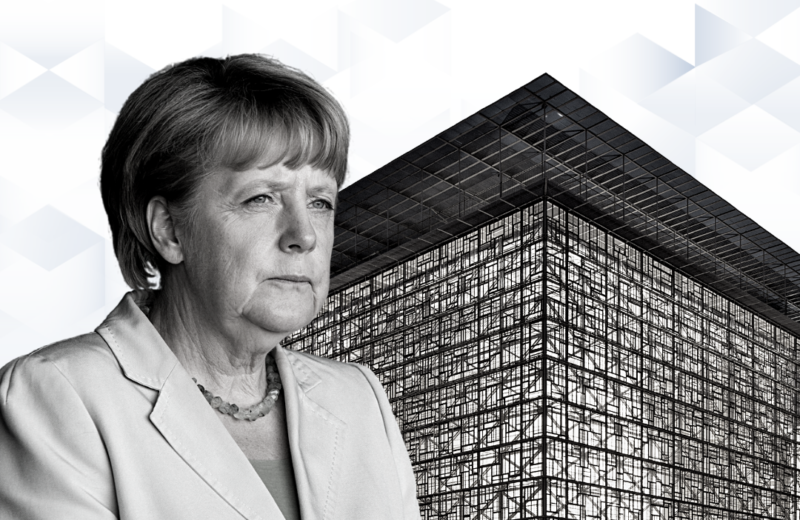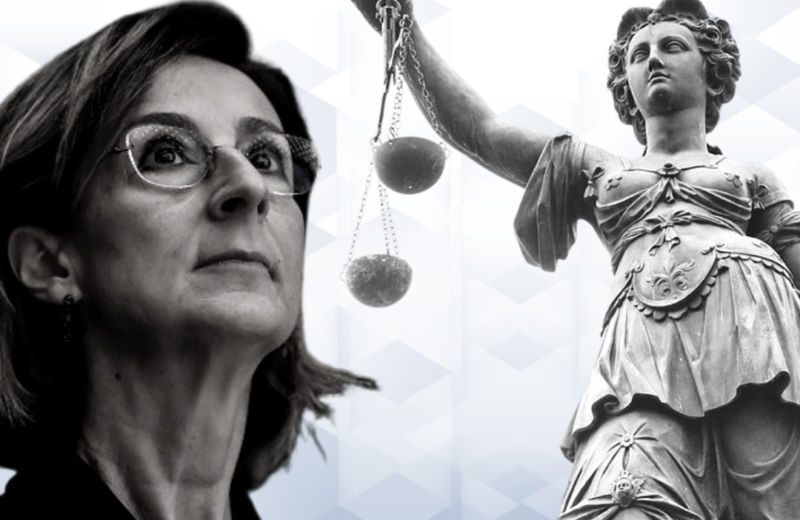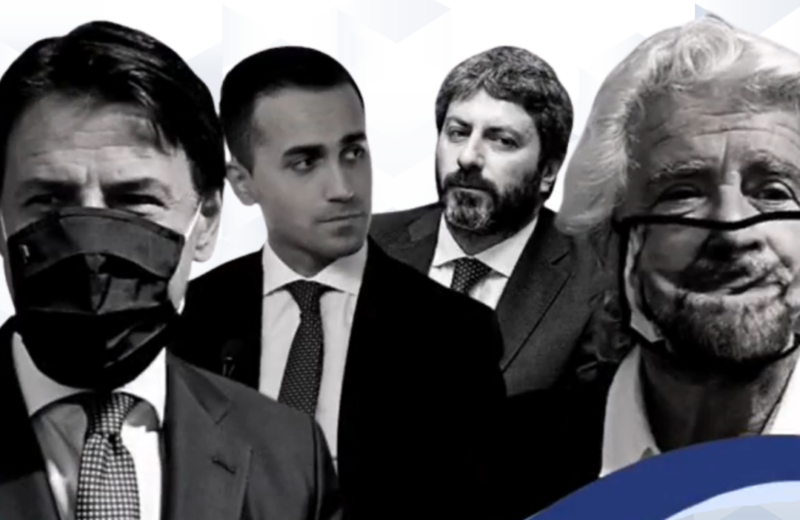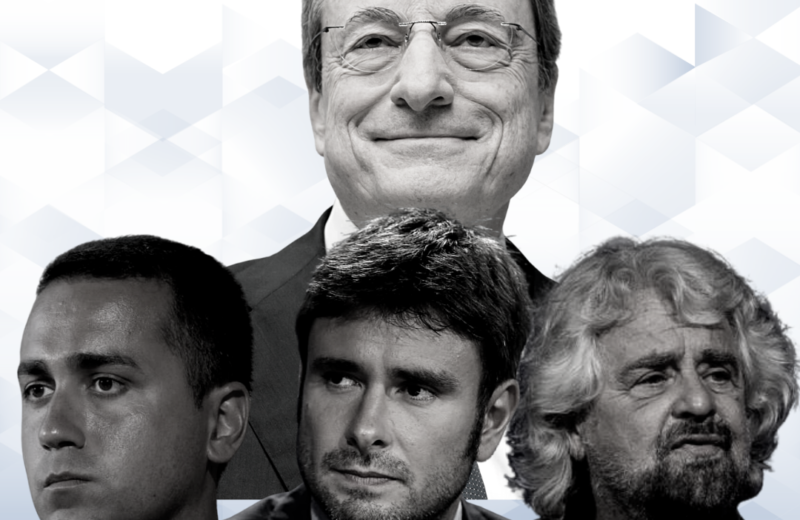Words, meetings and expectations
Words are stones. And in politics they can become granite boulders if not dosed properly. The Ministers of the Meloni government have repeatedly come up against this lesson. The most recent case this week involved Francesco Lollobrigida, one of the leading experts in political dialectics. It is obvious that the theory of “ethnic substitution” has been somewhat misrepresented and amplified by some, but it is difficult to explain a policy concept on migrants using such easily misunderstood words. It is equally difficult that, as feared by some press, his important role could be downgraded after this “gaffe”, but certainly the repeated controversy over the vocabulary of the right seems to be starting to annoy the PM, the only one who gives the impression of having understood the delicate lexical question that accompanies the path of her establishment.
On the other hand, PD leader Elly Schlein gave her first Press Conference as Secretary, demonstrating a remarkable cleverness in her choice of words. But, in her case, evidently contradicting her values identity. Her PD dissolved the reservation on the two big political issues agitating the party: the sending of arms to Ukraine and the waste-to-energy plant in Rome. On both points, Schlein said she was in favour, effectively distancing any affiliation with the M5S.
On one point in particular, Schlein dwelled launching a harsh frontal attack on the government, the NRRP: «they are passing the buck, we are late. I am ready to meet with Meloni». After all, on the day of the Press Conference, the decree modifying the approach and governance of the NRRP was passed in the Chamber of Deputies with a vote of confidence. It is a package of measures that centralises the management of the Plan at the Presidency of the Council with the aim of improving the implementation of the interventions planned up to 2026 and not jeopardising European funding totalling 191.5 billion. The decree also introduces a simplification of procedures and the strengthening of the connection between the NRRP and the cohesion funds, according to the logic of “communicating vessels”, so dear to the Minister of European Affairs Raffaele Fitto. That logic that foresees the shifting of projects that will certainly not be realised by 2026 to the cohesion funds, spread over a longer time frame – until 2029.
And the long-distance tests of contention between the alignments (and between their internal components) were also consumed in the field of the complex issue of the family. If Schlein, on the one hand, has split the PD by saying she is in favour of surrogacy, on the other hand Meloni is studying the Irpef tax relief plan for those who have children, a package of tax cuts that she is trying to claim for her party, with the peace of her allies, especially the Lega.
But the eyes of the government during the week were also turned towards the East, to Japan, where the G7 Foreign Ministers’ meeting was held. Minister Antonio Tajani took advantage of the occasion to lead the discussion on one of the fronts that Italy is most interested in: the Mediterranean and Africa, with particular reference to the tensions in Sudan and Tunisia, two areas from which an intense migratory wave towards Europe and, therefore, towards our shores could arise. In addition, one of the main achievements, as the Minister explained during Question Time in the Senate, was the granting of an extraordinary G7 meeting with a focus on the Mediterranean and the Middle East, possibly in an enlarged format to include the countries of the region, with the aim of facilitating the stabilisation of an area that is crucial to world interests and balances.
While on Italy, and on Rome in particular, the watchful eyes of the inspectors of the Bureau international des expositions, who have arrived in the capital to assess the assignment of Expo 2030, have been turned. An examination that sees Italy united across the board for once. From Mattarella to Meloni, up to Gualtieri and the oppositions: this time, no counter voice. Italy dreams of Expo 2030 in Rome and is moving in every way, even mobilising the relevant diplomacy, to obtain the necessary votes. After all, the challenge is difficult also because on the other side are the equally fierce Busan and Riyadh. We will have to wait until November to know who will have won.
